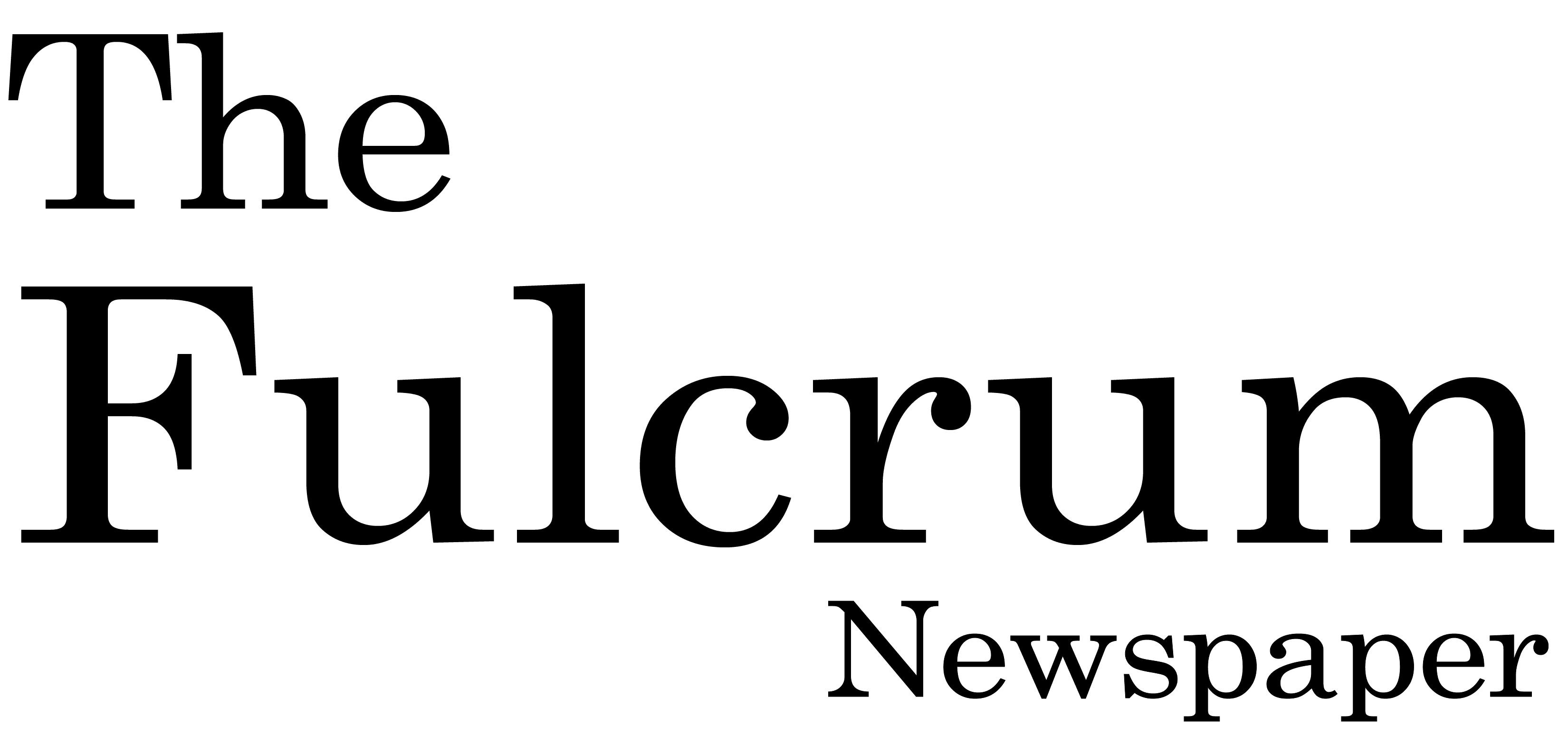
“I can’t take it anymore. I can’t stand living among such criminals. No more,” David Fiks penned to his son from the relative safety of Paris. “Usually a man is like a fly, but sometimes he becomes stronger than steel and that’s what happened to me.”
Six months had passed since Kristallnacht, the Night of Broken Glass on Nov. 9, 1938, an event widely seen as the prelude to the Holocaust. Nazis smashed the windows of more than 7,000 Jewish businesses in Germany, torched synagogues and arrested 30,000 Jewish men – and afterward levied a $400 million fine on the Jewish communities to cover the cost of cleanup, recounted SUNY Broome Professor Emeritus Doug Garnar.
David Fiks, a Berlin furrier, penned a 24-page letter considered one of the only detailed eyewitness accounts of the event. On April 23, his grandson – Binghamton restauranteur Eliot Fiks – shared that letter with the SUNY Broome community, and discussed the events of that fateful night.

‘Is this my end?’
The founder of Whole in the Wall, Eliot Fiks is the child and grandchild of Holocaust survivors. Many people today don’t know that Jews once regarded Germany as the “America of Europe” for the freedoms they had enjoyed there before the Reich, he recounted.
His grandfather’s story proves a case in point. Born in Poland, David Fiks had been conscripted into the Russian Army during World War I. He knew 10 different languages, including Esperanto, and was commissioned to do espionage work. While in Germany, he collapsed in the snow, struck down by illness, and ended up a prisoner of war.
The Germans ended up saving his life, and treated him with a respect that the Russians did not. After the war ended, 22-year-old David and his wife relocated to Berlin, where he ran a successful business.
After Hitler came to power, Jewish families with means often sent their children to the United States, reasoning that they could return if times improved or provide a needed anchor in a foreign land. Eliot’s father Max – the recipient of the now-famous letter – was among them.
By the time of Kristallnacht, the Reich had already tightened its fist on the Jewish community, deporting 20,000 Polish Jews, demanding that business owners like Fiks register as Jewish and forcing Jews to surrender their weapons.
“Everyone without saying it thought anxiously that something strange and terrible and cruel was about to happen,” David Fiks wrote in his letter, originally penned in German.
Sometime after midnight, a woman whose uncle headed the Gestapo warned the furrier that Jewish men shouldn’t return home that night because they would be arrested and killed, Eliot Fiks recounted. His grandfather stayed in his business as stones crashed through the plate glass, hitting him in the foot. He hid in the corner of his sewing room.
“I thought, is this my end?” he wrote. “It seemed as if daylight would never come.”

Let me tell you a tale
There were unexpected moments of compassion. A female customer stopped by, warning Fiks to shutter his shop immediately. He hid in a closet as Nazis continued to smash the windows and then fled, begging nearby residents to let him inside.
A 9-year-old girl opened the very last door. He begged her mother – the wife of a Nazi party official – to let him hide in the attic and she agreed, providing sanctuary for four hours.
Meanwhile, in the United States, David’s son Max was feverishly trying to get visas for his parents and uncle. He had enlisted in the U.S. Army to improve their chances, and solicited the help of a Brooklyn lawyer – whose daughter he ultimately married. During his presentation, Eliot Fiks performed a song he wrote, “Let me tell you a tale,” about his parents’ courtship and his father’s experiences during World War II.
The American government at the time was extremely anti-Semitic and actively sought to prevent Jews from emigrating to the United States. What saved the Fiks family and so many others was the corrupt Cuban government of the day, which issued visas in exchange for bribes, giving them an avenue to reach America.
The journey wasn’t an easy one. David Fiks and his family left on the last boat out of Marseilles before the Nazis took over, landing in Casablanca – where their visas expired. In a film-worthy scene, David Fiks threatened suicide until they let them board the ship to the West, Eliot Fiks recounted.
David Fiks’ original letter is now on file with the Jewish Museum of Berlin. It’s considered one of the few eyewitness accounts that clearly describe the events of that day. Other letters by survivors were written after their arrest, and were both short and censored.
Eliot Fiks has donated a translated copy to the SUNY Broome Library, so that future generations of students can learn about Holocaust history firsthand.
“If you want to understand history, you need to hear the stories of people in the past who lived that history,” Professor Garnar reflected.

